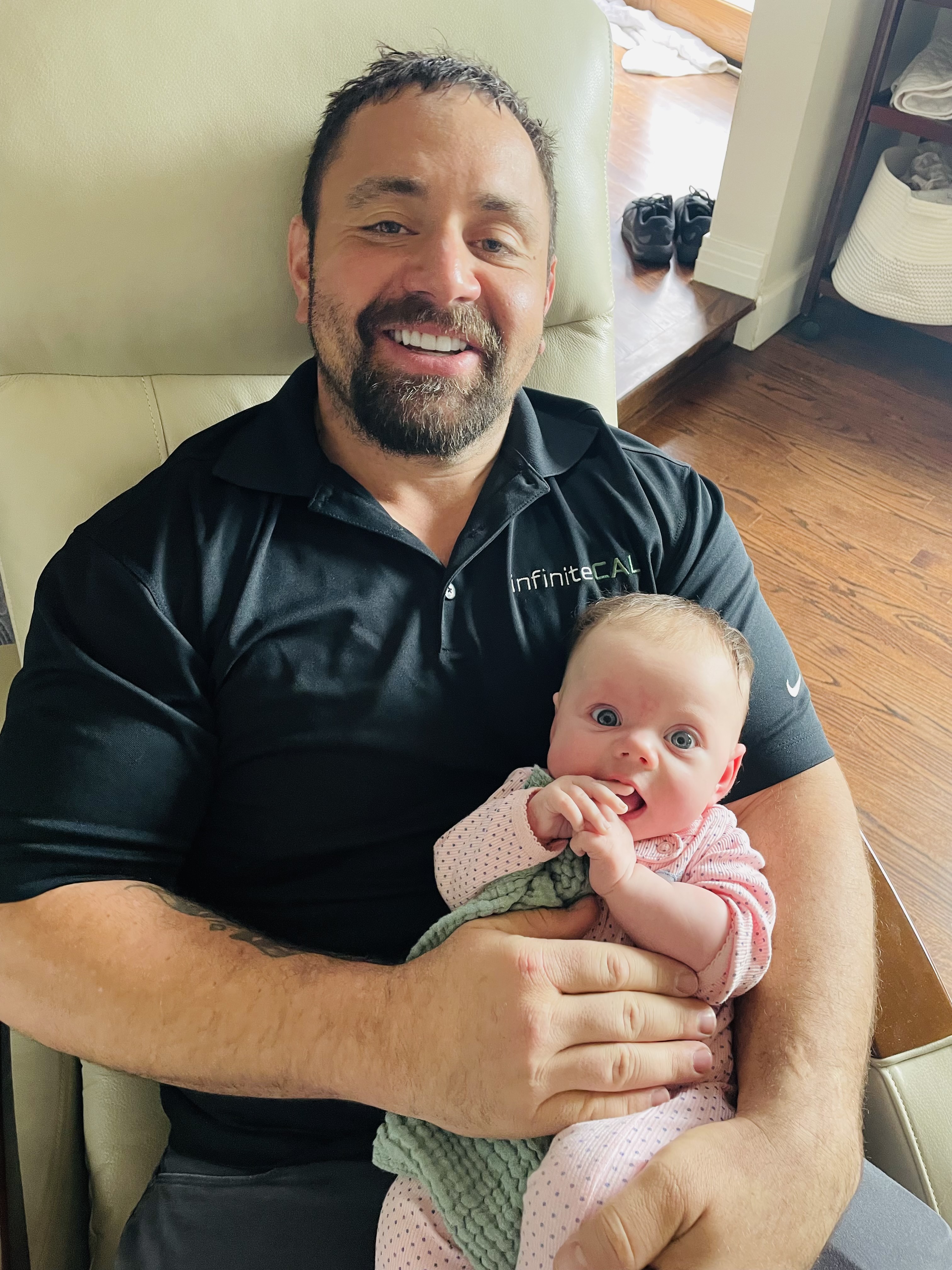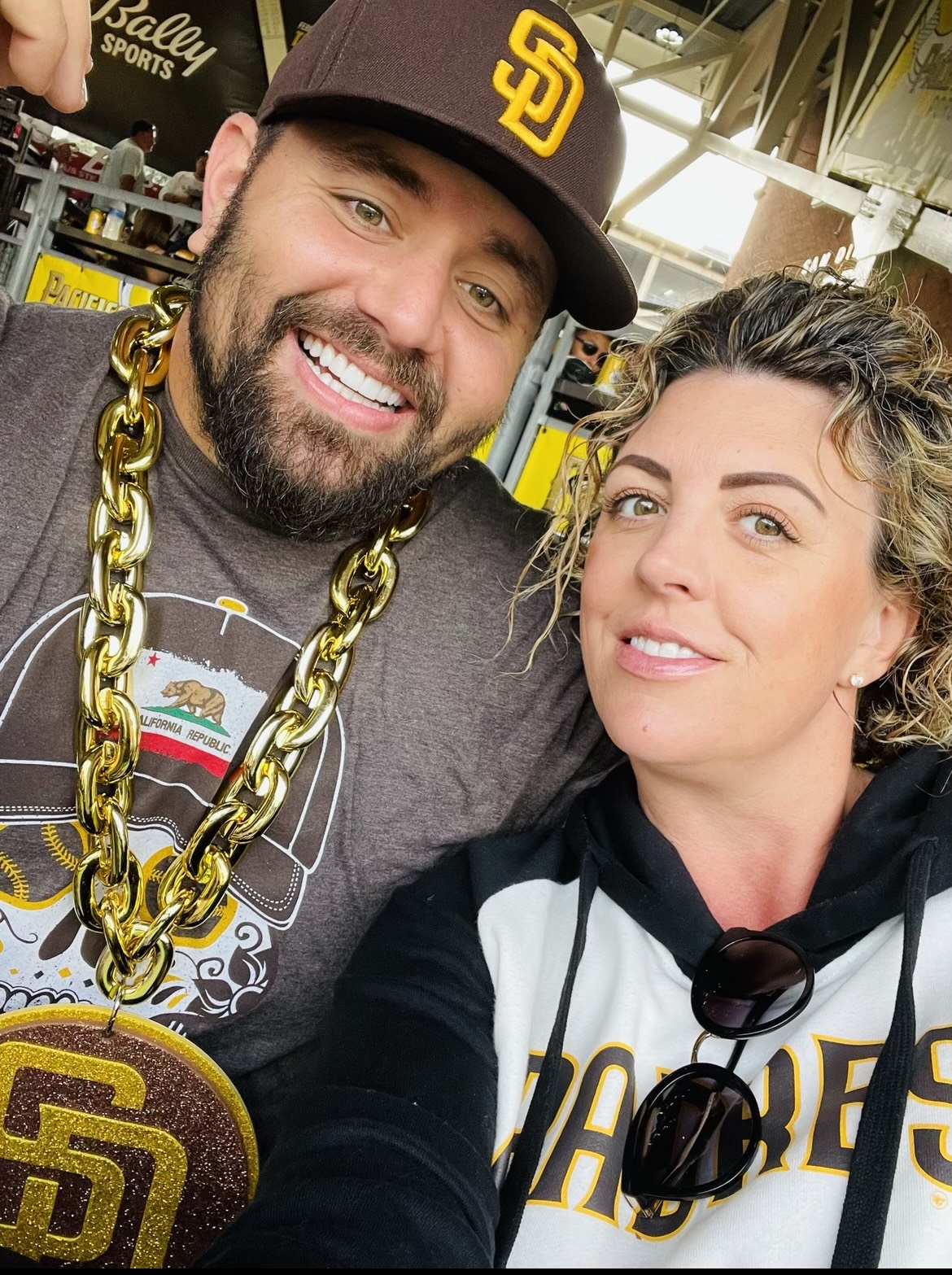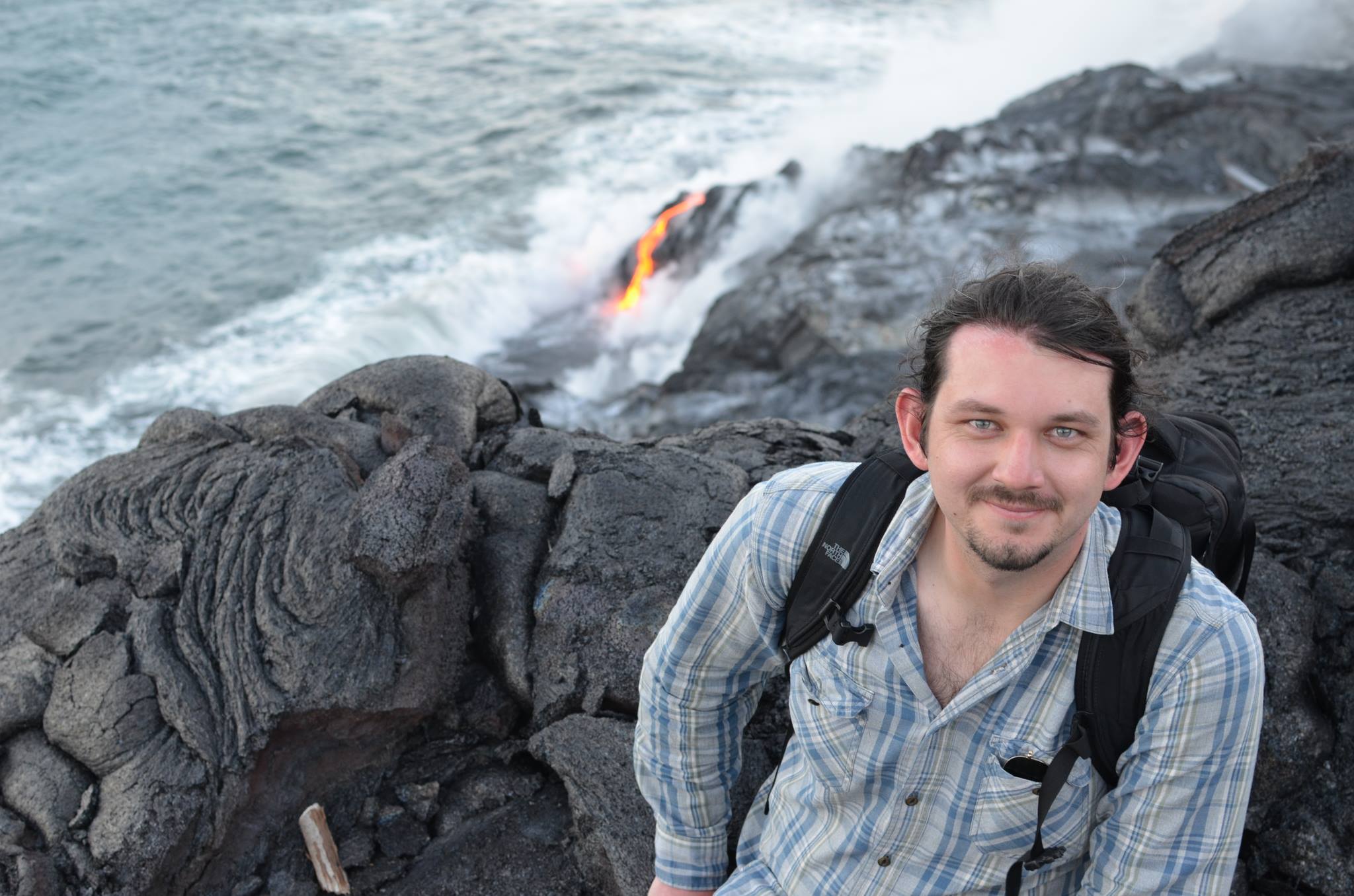Meet Dr. Josh Swider
Meet Dr. David Marelius

In 2015, Josh Swider and David Marelius started Infinite Chemical Analysis Labs (Infinite CAL), a chemical analysis lab dedicated to delivering quality cannabis testing.
As chemists by trade, the duo met during graduate school while working on a project together doing real-time reaction monitoring of organic complexes by electrophoresis. During the hours they spent monitoring reactions, Swider and Marelius started chatting about their post-graduation plans. Swider said he wanted to open his own lab and extended a partnership offer to Marelius. Starting with a big dream and $20,000 each to invest in their business, they opened their lab.
In the early days, it was just the two of them running samples and managing all parts of the business within their lab. Today, they’ve grown to three locations in California, Michigan, and Arizona with dozens of employees, great momentum, and currently expanding.
“Working in the cannabis and hemp industry, our dream seems backward compared to most,” said Swider. “A lot of people think, ‘I want to do cannabis and hemp because it makes you money.’ For Marelius and me, it was, ‘We want to do cannabis and hemp so we can start an analytical chemistry lab that can compete with the big players that focus on all types of analytical testing.’”
On a daily basis, Marelius and Swider discuss solutions to address problems in the industry, including poor regulation and dangerous, misleading products sitting on shelves simply because of a lack of expertise in cannabis and hemp testing. They’ve led the way in their industry—warmly known to friends and partners as the “weed safety guys”—and improved cannabis and hemp testing in a smart and nimble, yet expansive, way that larger competitors could not.
“We’ll never quit working in cannabis and hemp, but we are looking at ways to expand our service in other industries, including exploratory food analysis and environmental testing,” said Swider.

“With our chemistry expertise, we want to serve as teachers in the industry. If there is a space where we can get our foot in the door and offer solutions to achieve more efficient testing and improve customer service, we want to help. It’s not about profit or being a closed-lab black-box but rather being a collaborative resource to ensure safe products for the general public.”

“Being a frontier in one of these emerging industries seems glorifying and great, but it’s an uphill battle, said Swider. “There’s no roadmap to follow.”
With the legalization of cannabis expanding across U.S. states, Infinite CAL has played a leading role in helping regulators through the tedious process of establishing safe and effective directives for development, testing, and distribution. Because all states operate independently, regulators are often starting from scratch without a blueprint. Swider and Marelius serve as founding members of several organizations focused on helping regulators navigate the state legalization process.
The lack of cannabis legalization on a federal level creates significant barriers, as well as dangers, on the state testing level. States may allow companies to operate in the cannabis and hemp industries and collect taxes from them but, more or less, turn a blind eye to other parts of the business process. Although Infinite CAL serves as a certified state testing lab for the state of California, it does not have to report banking or any other needs to the state. The company has been kicked out of four different banks—despite fully disclosing their business operations. More concerningly, this lack of state support extends into testing where loose regulations, inaccurate concentration labeling, and even synthetic products being passed off as pure create massive concerns. Swider and Dr. Marelius worry that, as states begin to legalize psilocybin and other psychedelics in coming years, the safety and concentration issues will become even more acute without DEA and state-level support.
Marelius and Swider warn consumers of cannabis products to be wary of packaging. The products with the highest cannabis content and fewest impurities, like pesticides and metals, sell best. So, producers will work with the labs that give them the best numbers for sales. Labs know this, and many smudge numbers to keep producers coming back. As the Infinite CAL duo points out: “The best, most accurate chemistry lab in the state of California for cannabis testing is actually the worst one for the producers because it’ll show the pesticides and report a lower cannabinoid potency result. As a lab, you may be working accurately, but if a producer can go next door to another certified lab that will give them a 30% higher cannabinoid analysis and never show a pesticide, solvent, or heavy metal, you lose business.”
Looking back at the recent evolution of the cannabis industry, Swider and Dr. Marelius are proud of the impact they’ve had on improving the safety of cannabis in California and other states. By setting the bar for quality testing standards as high as possible, they’ve pushed other companies to elevate their standards and had an outsized impact on the way producers grow cannabis. Their work has improved public good and made quality cannabis products available and attainable to everyday consumers and those with medicinal needs.
For many years, Marelius and Swider would work 16- to 20-hour days. And, even though they still work a lot, both credit their incredible team for allowing them to establish more balance in their lives today. Outside of the office, Swider loves to fish and spend time with his family. Any chance he gets, Marelius enjoys hiking and off-roading anywhere within driving distance from San Diego.
To anyone in the next generation hoping to break into the cannabis industry, Swider and Marelius say that your biggest mistake would be to look at it as a money-making opportunity. The market is saturated and, unless you have a novel technology to cut expenses without sacrificing quality, you won’t turn profit margins.
“Our work, especially in analytical chemistry, is about passion and drive to better the industry,” said Swider. “I took this route because I believe the advancements of science make the world go round.”
Marelius shares, “Getting into chemistry was a good way to answer unknown questions and figure out how things work. Once I got more into it, I fell down the rabbit hole—in a good way.”

The cannabis industry has always struggled to keep scientific integrity, ethics, and public safety as its top priority. At Infinite CAL, the philosophy is simple:
“Science and ethics before profit. We work for the public, not the producers. Even though the producers pay us, our work is always on behalf of the interest and safety of the consumers.”



